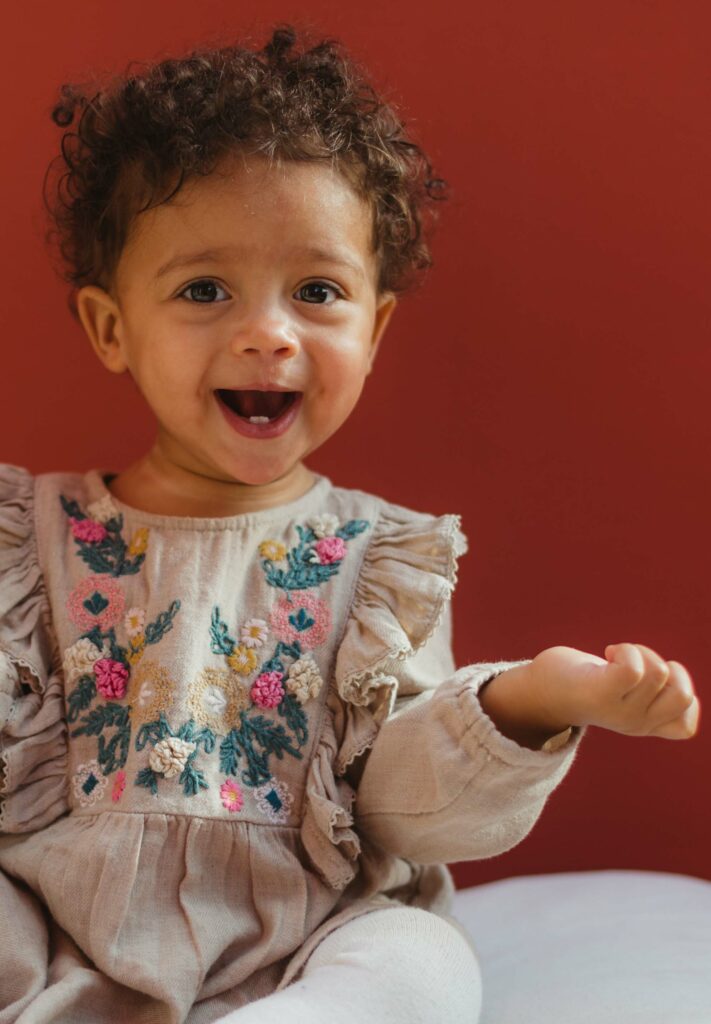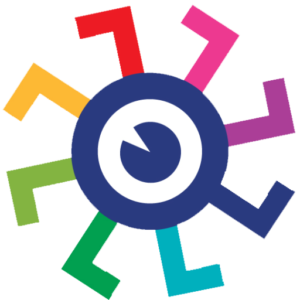
The Longitudinal Complex Test (Longikid) measures the sensory, motor, and cognitive abilities of children aged from 3 months to 11 years. The Longitudinal Complex Study is an essential part of determining a child’s input level of TSMT therapy and is therefore recommended if the child is displaying symptoms of delayed development. Parents and other health care professionals might also consider TSMT appropriate for supporting a child with a formal diagnosis or syndrome.
Depending on the result of the test, our therapist will either refer the child to further examination (e.g. neurologist), or recommend an age-appropriate group class or an individual TSMT therapy. By attending individual therapy sessions at Hreyfiland, parents become deeply involved in supporting and scaffolding their child’s development. The skills and knowledge of our therapist, combined with the love and care of parents will help each and every child to grow, develop and thrive – maximizing their innate potential and opening them up to all of the wonderful possibilities that the world has to offer.
The Longitudinal Complex Study is a relatively user-friendly study that takes place in the presence of a parent or guardian. It’s’ evaluation and analysis is simple and fast, giving an age-appropriate partial ability profile in the following areas of the child:


Hreyfiland is a family gym that offers play-based movement development classes led by a qualified child motor development therapist.